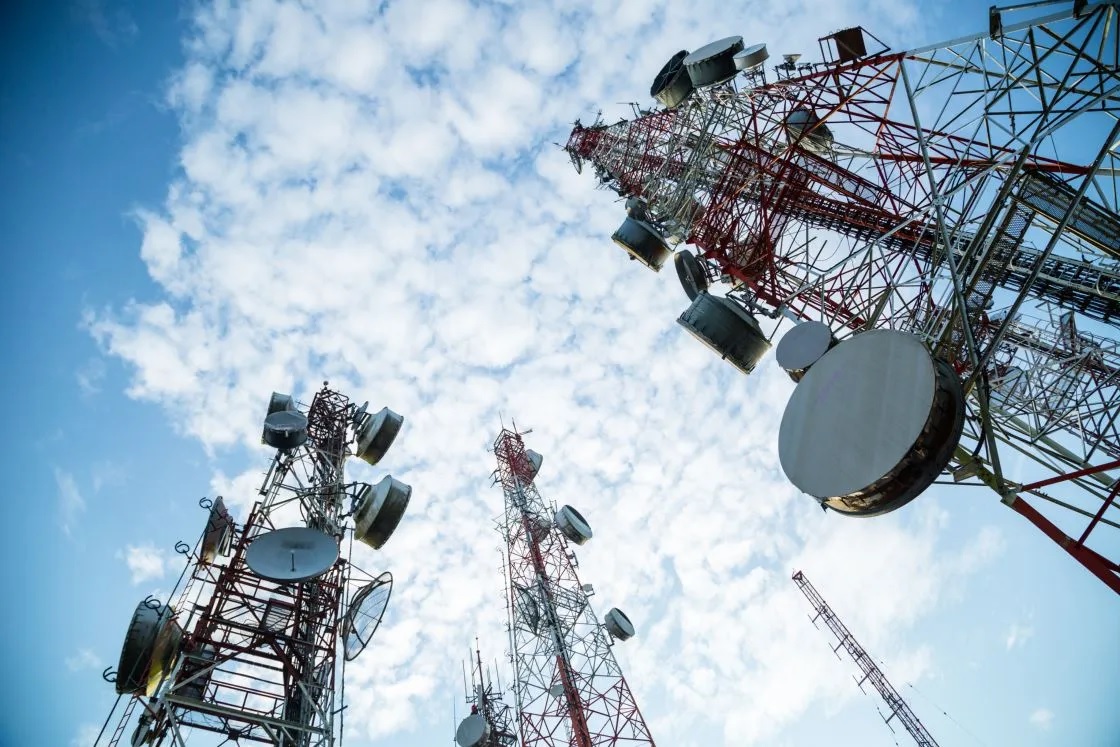RIO DE JANEIRO, BRAZIL – Brazil implemented a new nationwide tax law that considers telecommunications, energy, and public transportation services essential.
This new law establishes that the Tax on the Circulation of Goods and Services (ICMS, Brazilian VAT tax) shall impose a maximum tax burden of between 17% and 18%, depending on the state of the federation where such services are used or consumed.
It is the Complementary Law No. 194, sanctioned and published in the Brazilian Official Gazette on June 23, which became effective yesterday, June 28, impacting the Brazilian National Tax Code and the so-called Kandir Law, as the most recent Brazilian tax reform has been called.

It is expected that telecommunications services such as mobile and fixed broadband, fixed and cellular telephony, and pay-TV, among other mass consumption services provided by this sector, which until yesterday had been taxed with average ICMS tax rates of 25% to 27% for being considered as “superfluous” by the previous regulation, will now not exceed the 18% mark by legal prohibition.
The Brazilian government undertook to compensate losses in ICMS collection by the states and the Federal District of Brasilia through deductions so that, from the states to the municipalities, local governments can compensate or stabilize their accounts without major difficulties.
The initiative was welcomed by the Brazilian National Telecommunications Agency (Anatel), which recalled that in some regions of the country and particularly telecommunications services, the ICMS was over 27%, and between 33% and 54% of the total was only ICMS tax burden.
Anatel hoped that the resources that until yesterday were going to the Brazilian treasury would now be directed to the growth of cellular or broadband coverage and other services throughout the country to narrow the digital gap in a Brazil where 68% of households still do not have decent access to the Internet because the cost inhibits their contracting.
The national government would be in the same line to ensure the reactivation of the economy after inflation has diminished the consumption power of Brazilians since only in May inflation stood at 11.9% and is expected to close the year at 8.8%, while the economy would grow by 1.2% in 2022.
The creation of the new law is also framed within the start of the electoral campaign that will give Brazil a new president in the October 2 election.
Anatel estimates that thanks to Complementary Law No. 194, telecommunications services would decrease their prices by 11%, and those benefits are expected to be passed directly to the consumer.
For example, Anatel said that a service plan offered to the consumer at R$29.84 (US$5.66), with the ICMS decrease, will now be marketed at R$26.50.
Two of the most recognized brands in the mass market, Vivo and Claro, said that the first improvements would come in service plans recently and soon to be launched, according to TeleSintesi.
The states of São Paulo and Goiás, two territories that host a combined population of 53 million people, said they would immediately implement Complementary Law No. 194, setting an ICMS of 18%.
However, the governments of both states acknowledged that this law would mean a shortfall of R$7.4 billion in telecommunications, and they will seek other mechanisms to balance their finances without affecting the population too much.
The state of São Paulo alone, where 46 million people live, said that in one year, it would have a shortfall of R$15.2 billion due to the “new” ICMS, which will also be applied to other services such as public transportation and energy consumption, according to Teletime.
With information from El Economista

